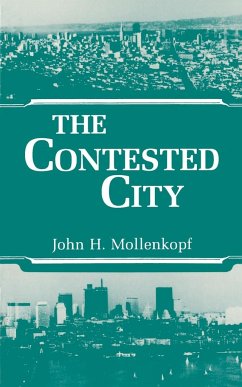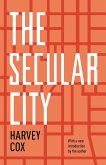Over the last five decades American cities have been transformed as profoundly and tumultuously as they were during the industrial revolution. In contrast to that earlier era, this contemporary transformation has been stimulated and guided by governmental intervention. John H. Mollenkopf analyzes the government programs and the supporting political coalitions that made this intervention possible. His book shows how the success of these programs, developed largely by urban liberal Democrats, led to new conflicts that ultimately undermined urban development policy. Using Boston and San Francisco as case studies, the author shows how urban development programs influenced and were influenced by big-city politics. He denies that the current impasse in national politics and urban development stems from technical inadequacies in existing policies. Instead, he argues, it results from failure to reconcile the conflicting interests of dominant urban economic institutions and the urban populace--a failure that led not only to the collapse of the postwar urban development consensus but to the disarray of the Democratic party itself. His suggestions as to how consensus can be restored will fascinate anyone concerned with the future of American politics and the American city.
Hinweis: Dieser Artikel kann nur an eine deutsche Lieferadresse ausgeliefert werden.
Hinweis: Dieser Artikel kann nur an eine deutsche Lieferadresse ausgeliefert werden.
John Mollenkopf has written the most comprehensive book to date on the political analysis of contemporary American urbanization.... The result is a tightly presented, well-written text that conveys forcefully several key ideas on the evolution of cities and politics in the US.... Mollenkopf's work is an additional reason for considering this book a very important contribution to the field of urban politics.








